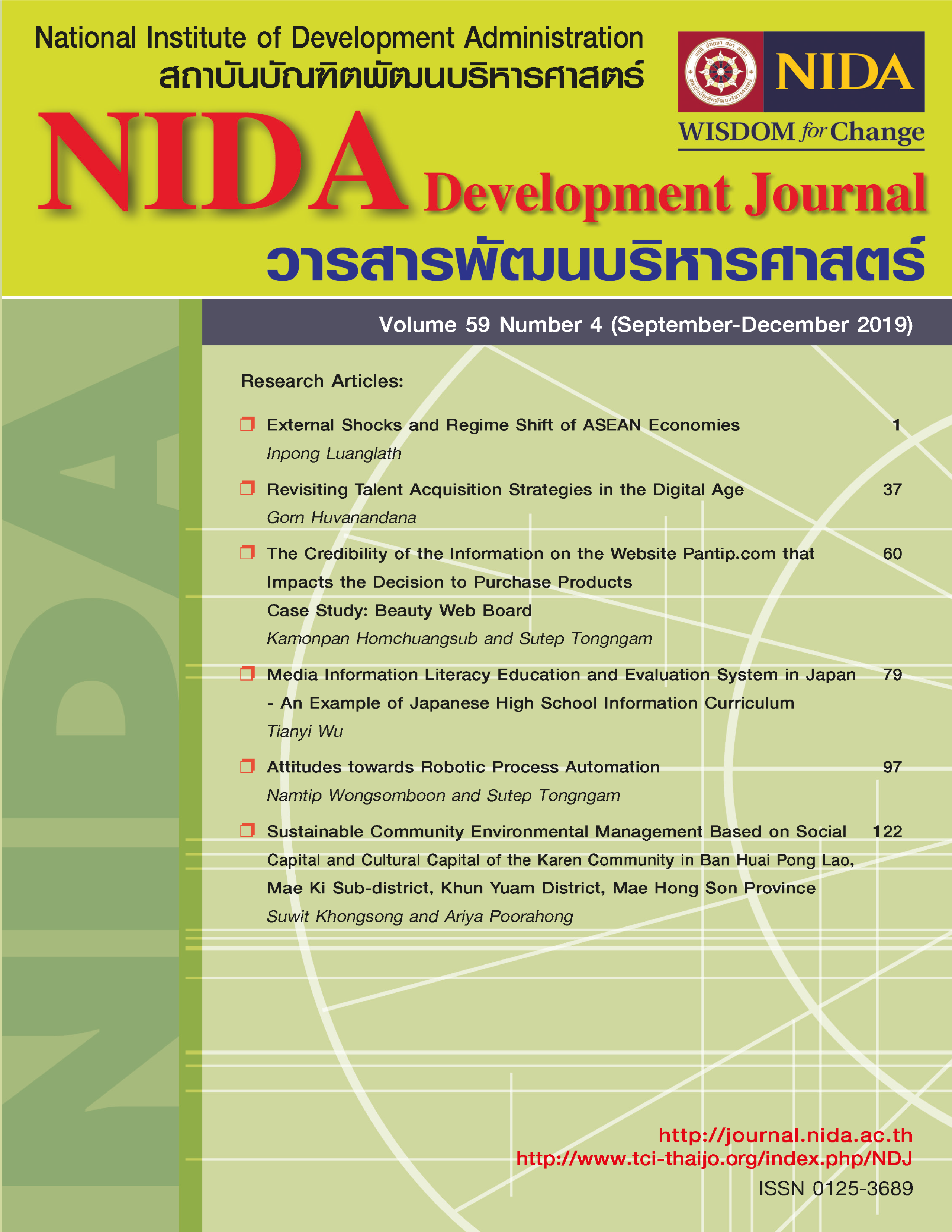Media information literacy education and evaluation system in Japan - An example of Japanese high school information curriculum
Keywords:
Media Information Literacy , Higher Education Study Guide Essentials, Evaluation Guidelines, Evaluation Methods, Evaluation ToolsAbstract
From 2020 to 2023, governance of false information becomes a global issue as covid-19 pandemic continues to spread around the world. WHO has even coined the term "Infodemic" to highlight the dangers of false information. False information, as a global issue, has already caused severe problems, challenging the governing capacity of administrators all over the world. In Japan, there are ridiculous but widespread rumors like "running out of toilet paper due to the shortage of masks". On the other hand, with the rapid development of AI technology, the cost of spreading false information is getting lower while the expense of refuting it is getting higher. Media Information Literacy (MIL) is the most effective strategy to address this dilemma. Since the 1980s, Japan has developed a comprehensive media information literacy education system and a learning effectiveness evaluation system based on the experiences of European and American countries. This paper will introduce the Japanese media information literacy education and evaluation system by taking the Japanese high school "information" course as an example, whose course syllabus are closely integrated with the current social reality and the evaluation methods applied are also derived from its learning objectives. The exploration and practice of Japan in the development of media information literacy education and evaluation set a good example for country whoever faces the same situation.
References
Fumio Masutani, & Asako Miyasaka. (2023). San kokuritsudai, jyouhou “haiten nashi” no riyu wa—25nen daigaku ryuugaku koutsu tesuto [The reason that 3 National University "will no t grade" Information test - 2025 University Admissions Common Test]. Asahi News. Retrieved from https://www.asahi.com/articles/ASR2V36B0R2PUSPT009.html
Grizzle, Alton, et al. (2013). Media and information literacy: Policy and strategy guidelines. UNESCO.
Hiromi Sasai. (2003). Medeyia riterashi kyouiku no jyuyousei [The importance of Media Literacy Education]. Special Issue: Comprehensive Study of Media Literacy: A Lifelong Learning Perspective; Part 1: Children and Media, 132, 61-71.
Masami Ido. (2006). Shakaikei kyouka ni okeru Medeyia riterashi [Social Studies Education for Media Literacy: Examining the Need of Media in Problem Solving]. Social Science Education Research, 98, 68-83.
Masami Yoshida. (2013). Kyoushi kyouiku ni okeru medeyia jyouhou riterashi Kenshu no fukyu k dadai ni tuiteno chousa [Investigation on Issues to Disseminate Media Information Litera cy in Teacher Education]. Studies on humanities and social sciences of Chiba University, 26, 1-12.
Masataka Nakaue, & Jun Moriyama. (2021). Yunesuko no medeyia jyouhou riterashi ni okeru kon pitenshi gainenn no seiri [Competency Concept in UNESCO's Global Media and Information Literacy Assessment Framework]. Annual Journal of Teacher Training Support Center Research, 4, 111-127.
Masato Wada, et al. (2013). Yunesuko kyoushi no tame no medeyia jyouhou riterashi kyouiku kari kyuramu [A Guidebook for Media and Information Literacy Curriculum for Teachers (UNESCO)]. Journal of Tokyo Gakugeki University, 64(2), 299-325.
Masato Wada. (2020). Medeyia riterashi kyouiku: Nihon oyobi kaigai ni okeru teigi [Media Literacy Education: Definitions in Japan and the world]. Journal of Tokyo Gakugeki University, 71, 581-611.
Midori Suzuki. (1998). Medeyia riterashi kyouiku to wa nanika. [What is Media Literacy?] ( Media Literacy). Information Science and Technology, 48(7), 388-395.
Ministry of Education, Culture, Sports, Science and Technology. (2018). Koutou gakkou gakushushidou youryou (Heisei 30 nen kokuji) [Guidance for Higher Education (2018 notice)]. MEXT. Retrieved from https://www.mext.go.jp/content/20220324- mxt_kouhou02-000021499_1.pdf.
Ministry of Internal Affairs and Communications. (2022). Medeyia jyouhou riterashi koujyou shisaku no genjyou to kadaitou ni kansuru chousa kekka houkoku [Survey Results Report on The Current Status and Issues of Measures to Improve Media Information Literacy]. Ministry of Internal Affairs and Communications. Retrieved from https://www.soumu.go.jp/main_content/000820476.pdf.
Naoko Nishida. (2002). Medeyia riterashi no gainen wakugumi [The Concept of Media Literacy]. Journal of the Buddhist University Graduate School, 30, 167-180.
Shun Sakamoto. (2020). Koronaka to medeyia jyouhou riterashi [Covid-19 pandemic and media information literacy]. The Journal of Media and Information Literacy, 2(1), 3-14.
Downloads
Published
How to Cite
Issue
Section
License
Copyright (c) 2024 NIDA Development Journal

This work is licensed under a Creative Commons Attribution-NonCommercial-NoDerivatives 4.0 International License.





